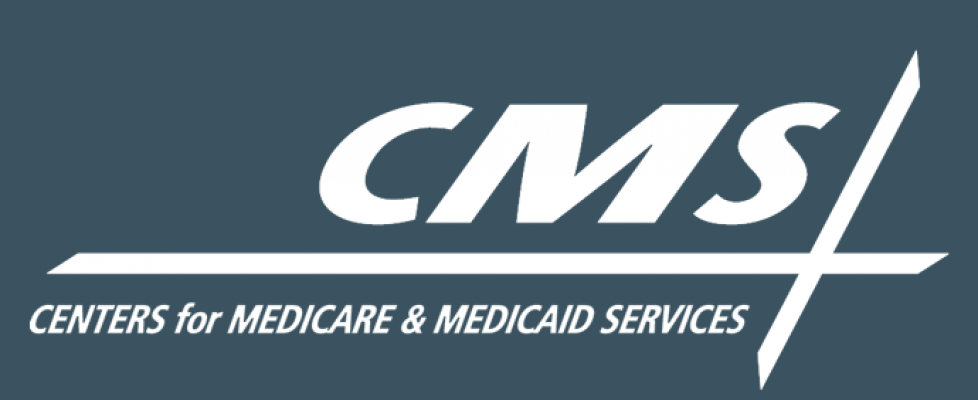CMS Proposes to Boost Office Visit Pay, Expand Telehealth Coverage
Which Medicare waivers will be made permanent by CMS after the COVID-19 public health emergency is still up in the air, but the recently proposed 2021 Physician Fee Schedule rule indicates that telehealth coverage and workforce flexibilities could be here to stay.
The rule released yesterday also proposed to lower the 2021 Physician Fee Schedule conversion factor to $32.26 from $36.09 the previous year and further simplify evaluation and management (E/M) coding and billing after historic changes to the eliminate burdensome requirements in last year’s rule.
As part of this push, CMS would increase Physician Fee Schedule payment rates for more office/outpatient E/M visits, including maternity care bundles, emergency department visits, end-stage renal disease capitated payment bundles, and physical and occupational therapy evaluation services, according to the proposed rule.
“Telemedicine can never fully replace in-person care, but it can complement and enhance in-person care by furnishing one more powerful clinical tool to increase access and choices for America’s seniors,” CMS Administrator Seema Verma said when announcing the proposed rule.
The proposed rule comes on the heels of President Trump’s Executive Order on Improving Rural Health and Telehealth Access, which was also signed yesterday. The order, among other things, directs HHS to propose a regulation to extend certain telehealth flexibilities beyond the COVID-19 public health emergency, especially for rural healthcare providers.
In the 2021 Physician Fee Schedule proposed rule, CMS stated that it would permanently allow some of the services impacted by waivers during the public health emergency to continue to be done via telehealth, including home visits for the evaluation and management of a patient (in the case where the law allows telehealth services in the patient’s home), and certain types of visits for patients with cognitive impairments.
The agency is also seeking public input on other services to permanently add to Medicare’s telehealth coverage.
Additionally, CMS is proposing to temporarily extend telehealth reimbursement for other services such as emergency department visits, for a specific time period, through the calendar year in which the public health emergency ends.
“The Trump Administration’s unprecedented expansion of telemedicine during the pandemic represents a revolution in healthcare delivery, one to which the healthcare system has adapted quickly and effectively,” Administrator Verma said. “Never one merely to tinker around the edges when it comes to patient-centered care, President Trump will not let this opportunity slip through our fingers.”
In addition to permanently expanding telehealth coverage, the proposed 2021 Physician Fee Schedule rule would also make workforce flexibilities granted during the public health emergency part of the permanent policy landscape.
CMS is proposing to continue allowing nurse practitioners, clinical nurse specialists, physician assistants, and certified nurse-midwives (instead of only physicians) to supervise others providers performing diagnostic tests as long as it is consistent with state law and licensure and they maintain the required relationships with supervising/collaborating physicians.
The proposed rule would also clarify that pharmacists can provide services as part of the professional services of a practitioner who bills Medicare.
According to the proposed rule, physical and occupational therapy assistants (instead of only physical and occupational therapists) would also be able to provide maintenance therapy in outpatient settings and physical or occupational therapists, speech-language pathologists, and other clinicians who directly bill Medicare would be able to review and verify, versus re-document, information already entered by other members of the clinical team into a patient’s medical record.
CMS is proposing the workforce changes to ensure “healthcare professionals can practice at the top of their professional training,” the agency stated in the announcement.
Other changes proposed in the rule include new payment rates for immunization administration services; permanent policy clarifications for remote physiologic monitoring services; direction supervision via real-time, interactive audio and video technology; new add-on codes for opioid use disorder treatment; and updates for the Medicare Shared Savings Program 2020 performance year.

